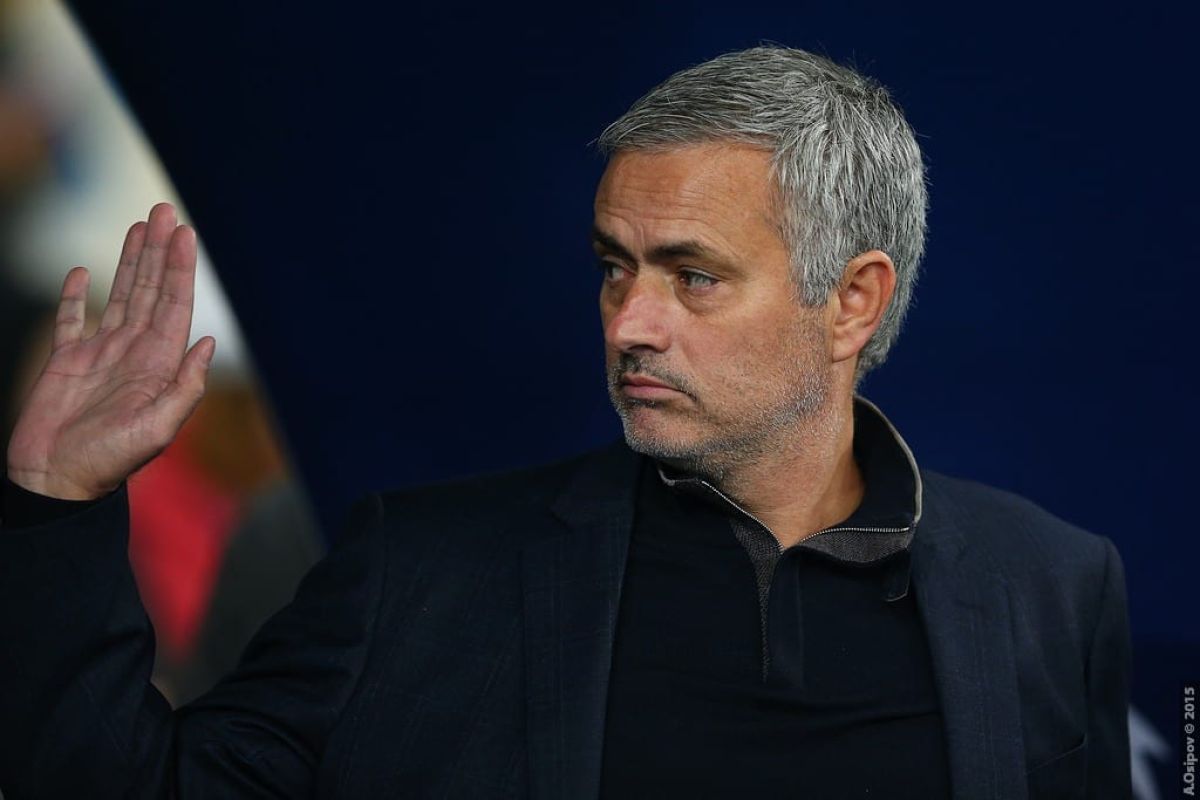
Jose Mourinho is a serial winner — but more often than not, his methods do not delight.
This had increasingly become the reality for a Manchester United fanbase that grew frustrated with the personal battles, inexplicable team selections and negative tactical philosophy tied to the character of the Portuguese.
When he joined in 2016, Mourinho was seen as the safe choice. The club had gambled by appointing the inexperienced David Moyes, seemingly entirely on the merit of Sir Alex’s advice, and then choosing Louis van Gaal as his successor, a figure that while graced with vast experience and expertise, was hardly ready to overhaul a depleted Red Devils side, given that he had been intent on retiring before taking the hot seat at Old Trafford.
Having concentrated on the immediate post-Ferguson era as a opportunity to revitalise an ageing side, the United board had looked to the ex-Chelsea man to return the side to the pinnacle of English football rapidly, after a series of questionable transfers left the team out of the top four after just a year back in the Champions League.
Mourinho’s track record is difficult to challenge — he has won the domestic league at every club he has managed since 2002, guided Porto and Inter to victory in Europe’s premier club competition, and boasts an impressive overall win percentage of 64%. But the challenge posed by his first Premier League job away from Chelsea was more difficult; the need to instill his tactical ideology at a club that had rejected a such a way of playing as adverse ever since the dawn of a new era in 1986.
In essence, Mourinho’s failings at United do relate at least partly to this initial difference in philosophy. The intense rivalry between the Red Devils and Mourinho’s Chelsea in the late 2000s posed two very different sides against each other in the race for the title; one that played free-flowing attacking football with a well-organised back four, and another that while blessed with word-class forward players, were often capable of employing a defensively-minded midfield to sit back and grind out necessary results.
While it was predictable that Mourinho would not change his ways, United’s resistance to conform to the 55-year old’s sometimes controversial approaches has arguably contributed to the this season’s costly failures.
On the pitch, Mourinho has managed to build a starting eleven with a similar structure to his other title-winning sides of the past. The recruitment of former colleague Nemanja Matic from Chelsea created a deep-lying midfield trio of the Serbian, Ander Herrera and Paul Pogba, with a 4-3-3 resembling that of the 2014-15 Chelsea team. While criticised for a negative style, United secured an impressive 81 points in finishing second.
The board’s refusal to co-operate with the demands of their manager over the summer however has proved detrimental. If back page rumours are anything to go by, Mourinho had looked to sure-up the backline in pursuing Toby Alderweireld and Harry Maguire, and had targeted Willian to resolve his side’s continuing issues out wide. Ed Woodward’s control over the club’s transfer policy has been well publicised, and the additions of little-known Diogo Dalot and Fred, in a central midfield already burdened by quality are hardly likely to have satisfied Mourinho’s pre-window ambitions.
Combine this with consistent complaints from fans that Mourinho does not play football the ‘United way’, a style that associated with Ferguson and is deeply contrary to the methods used by the 53-year old in the past, and it may seem more reasonable to suggest that Mourinho has entertained an unproductive reception from a club that has little wiggle room in their search seemingly for a like-for-like replacement for Sir Alex. In this regard, there are also interesting arguments about the club’s structure. While Ferguson was increasingly-omnipotent in his control over club affairs, Ed Woodward has re-asserted his authority post-2013; Manchester United now employ a head coach, not a manager. The most interesting manifestation of this contrast is in the isolating approach Mourinho has to certain players: His fallout with Paul Pogba, who appears to have somewhat protected status at the club, has been central to the image of Mourinho as a divisive figure who has lost the support of the dressing room. Meanwhile, when captain Roy Keane came to blows with Ferguson in 2005, he quit the club mid-season, there was no wavering of the club’s allegiance to their manager.
While the collapse this season has been as cataclysmic as the meltdown at Chelsea in 2015, and Mourinho’s divisive approach to man-management will persist to be a source of reproval for his critics, his status as a serial winner remains intact, having won three pieces of silverware in 2017 alone. United have axed their manager for not securing the Premier League title they had targeted, but their refusal to co-operate with his demands is perhaps the root cause of this. If Mourinho is an outdated, naive tactician in decline, then why is he reportedly considered for a return to Champions League holders Real Madrid?
Judging the decision by the club to sack Mourinho is simple. It was the right choice given the dynamic between the 53-year old and the dressing room, and the board. But the tragedy of the Portuguese is one of changing times, of the increasingly control of chief executives and club owners, and the lessening authority of managers. In modern day football, the ability for Mourinho-like figures to succeed is significantly tested; The next job will be his most important, and it must be at a side where he can conduct his own transfer policy, and make harsh decisions, that in the past have been key to building world-class teams.







